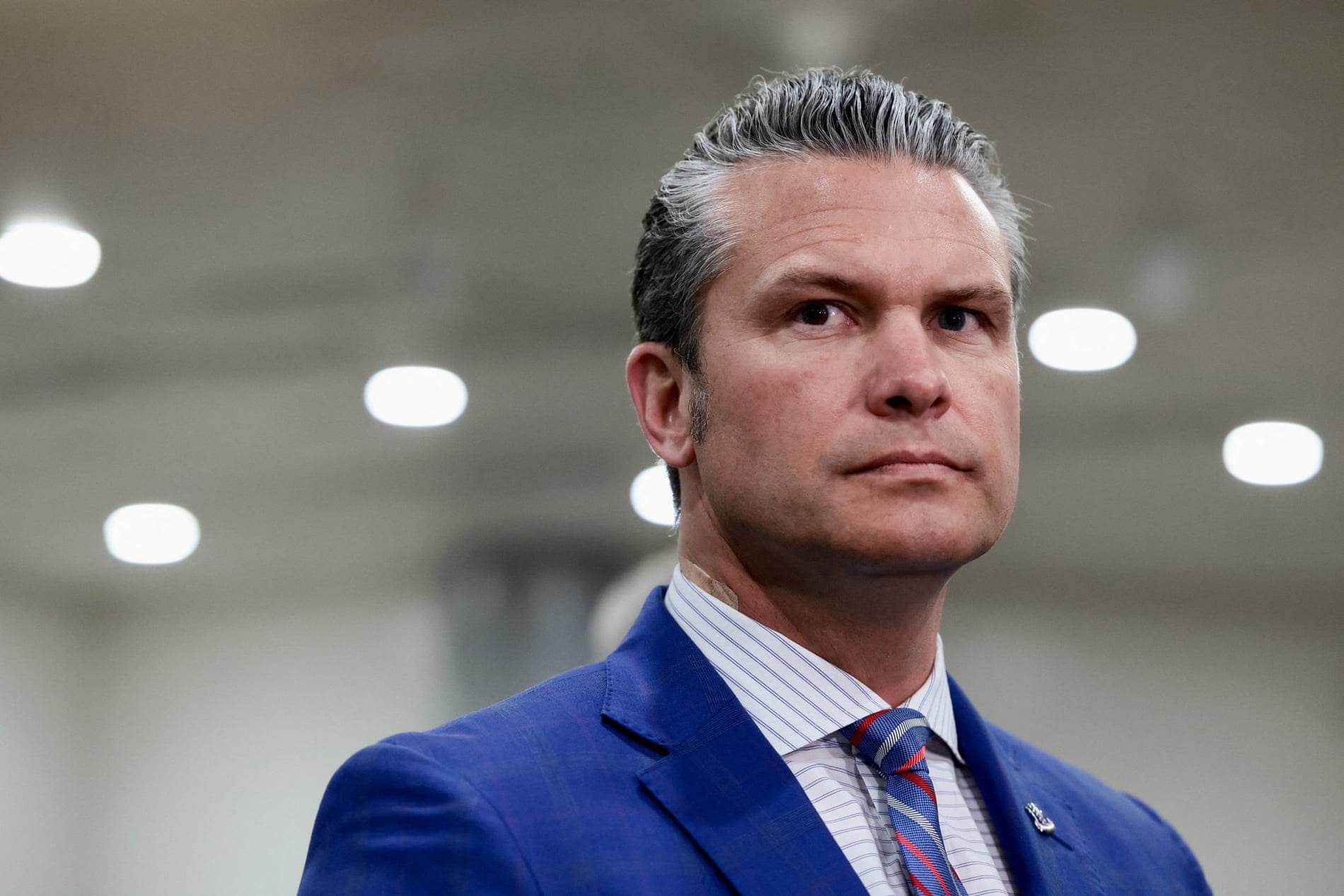 For all the public scrutiny of military sexual assault this year — from hearings to heated Senate debates — congressional efforts are only just beginning to challenge the Pentagon’s overarching strategy on the issue for the past 25 years: secrecy.
For all the public scrutiny of military sexual assault this year — from hearings to heated Senate debates — congressional efforts are only just beginning to challenge the Pentagon’s overarching strategy on the issue for the past 25 years: secrecy.
From tracking the extent of the problem to showing how cases are resolved, the military has consistently and forcefully resisted fully airing details.
And while it’s no surprise that the Pentagon would rely on a covert system that wins wars to handle a sensitive and often embarrassing problem that has very real privacy concerns, advocates, lawmakers and even some military officials say the frequent lack of transparency has made the already complicated problem even worse.
Take the survey that threw a spotlight on the problem — the recent finding that 26,000 service members said they faced an unwanted sexual encounter in the military last year. Critics said the number was inflated. Victim advocates said it under-reported the situation. The problem: The Pentagon made it almost impossible to tell.





 The US defense secretary, Pete Hegseth, has said the Pentagon is ending all military training, fellowships...
The US defense secretary, Pete Hegseth, has said the Pentagon is ending all military training, fellowships... The US military on Thursday said it killed two alleged drug traffickers in a strike on...
The US military on Thursday said it killed two alleged drug traffickers in a strike on... The US military said on Friday that it carried out a strike on a vessel in...
The US military said on Friday that it carried out a strike on a vessel in...






























